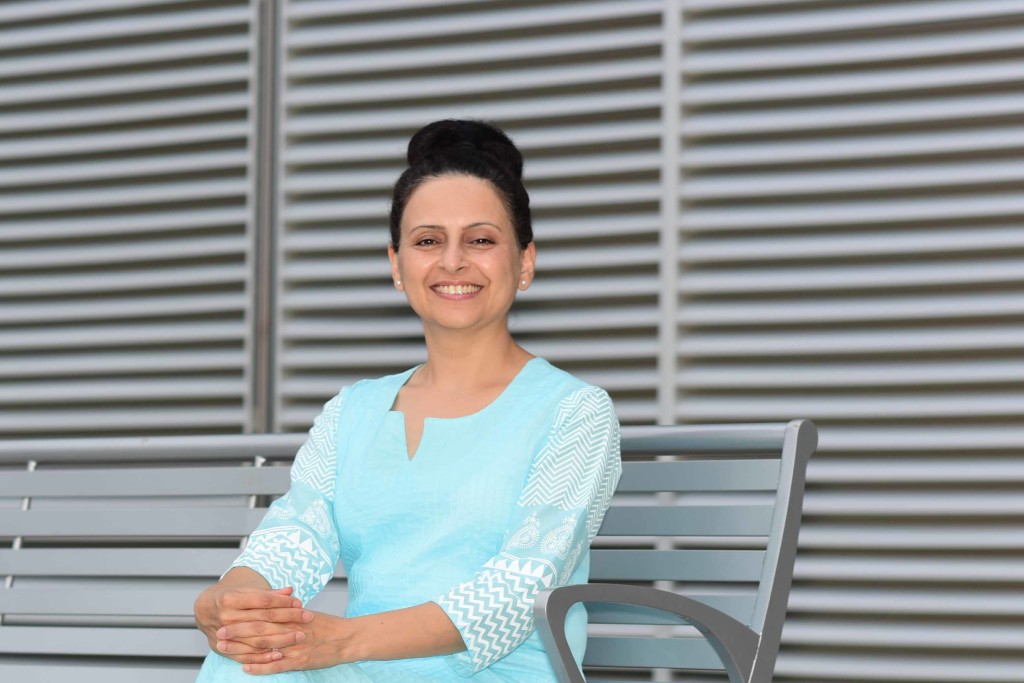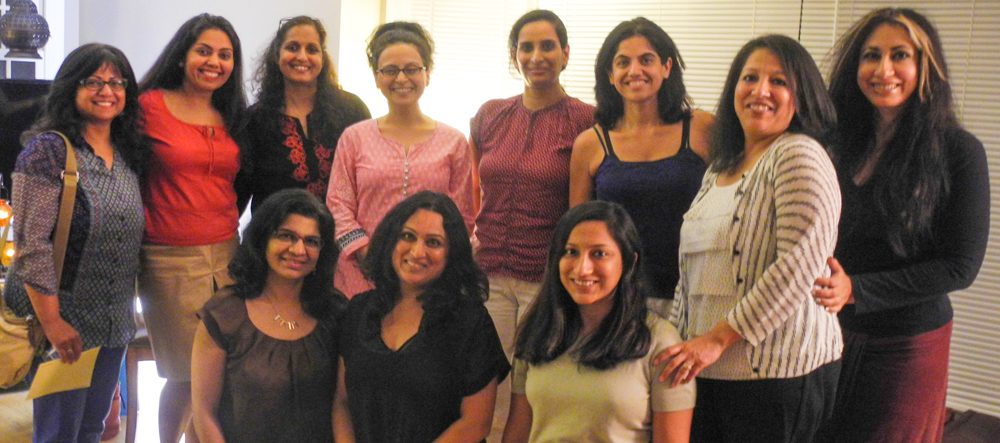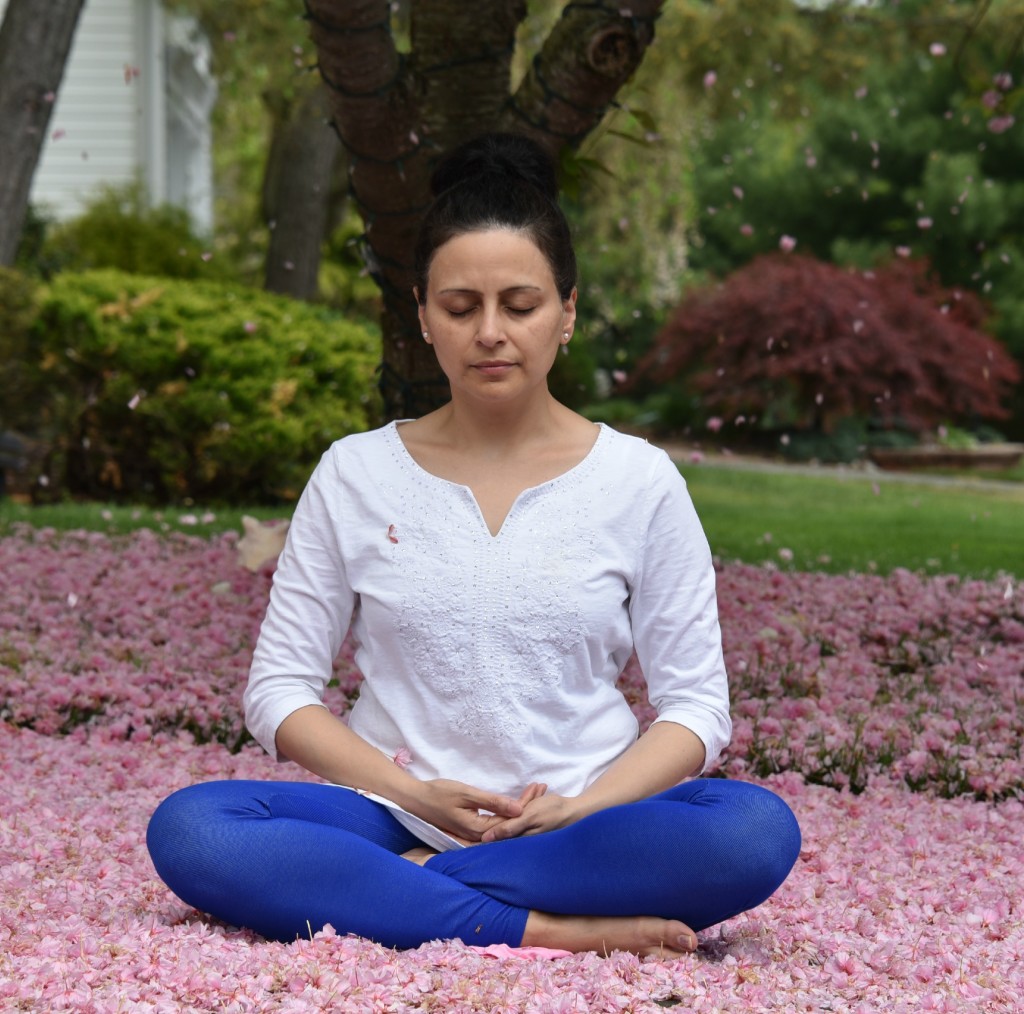
Does the word “devotion” exist in our minds only in relation with the higher-self or God? If so, I believe it is incomplete.
My Introduction to the Word “Devotion”
While growing up, I remember family, friends, and visitors talking about my father’s devotion to the cause in which he believed. Many people used the same word on the day he un-timely passed away, and even years after he was gone. That was my introduction to the word “devotion”.
As a child, I thought I simply loved my father’s love for me. But now I know that more than the love he had for me, I most loved his qualities of devotion and passion. After his death, I kept looking for people with similar qualities. Fortunately, while growing up in India and traveling to other countries, I was afforded opportunities to meet numerous people who were devoted: to their families, their work, their communities, social causes, science, arts, academia, medicine, and more. They continuously inspired me and helped me keep my father alive in my mind.
In the past few years, however, while working as a therapist and a speaker, I have been feeling that our devotion is subtly getting lost, especially to our relationships. On one hand, we intend to provide to our relationships more than what we can, which is admirable, but the relationships we have with our family members, our communities, and the larger cosmos seem to be losing depth. We are making visible progress in areas like technology, housing, cars, foods, etc., but we seem to be quietly getting depleted of qualities like devotion, authenticity, integrity, wellness, and morality.
I believe we need to slow down, self-reflect, and process where we stand in our relationships, understand our loss of devotion as individuals and as communities, and take steps to bring devotion back into our relationships.
We are capable of exhibiting devotion, but we need to access it more and mindfully direct it to our relationships. Can we do that?
 What is Anger?
What is Anger?

